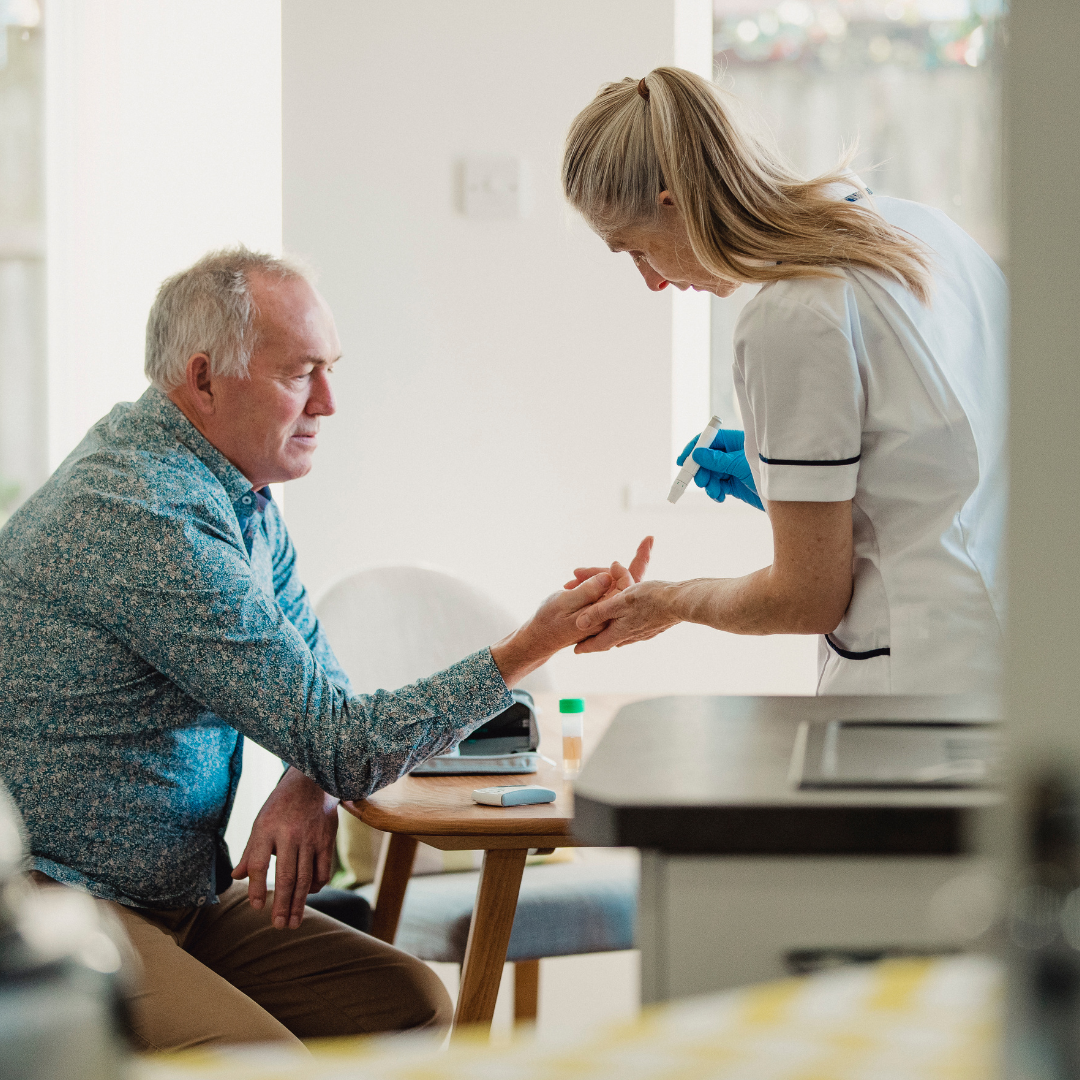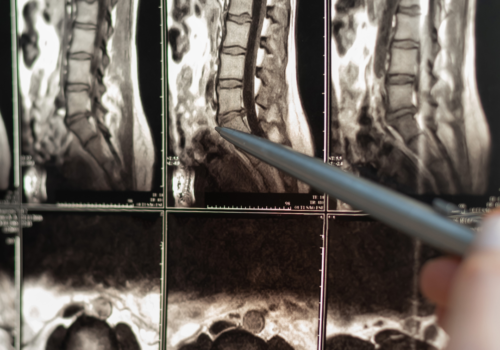Diabetes Treatments To Make Your Life Easier
The word “The word “Diabetes” is not unknown to people. It is a painful condition to deal with. People of all age groups, from newborns to those knocking at the door of senility, and everyone in between can be prone to Diabetes. It brings with it a host of other ailments related to the heart, nerves, and gums, which makes it difficult for people to find ways to manage their blood sugar levels effectively.
That is why diabetic patients often consider opting for Diabetes Education classes, which can enlighten them on how to manage their blood sugar levels effectively without hindering their day-to-day activity. Usually, such programs go in-depth and touch upon every point related to diabetes and lifestyle. For those who are new to this subject matter, this can be a bit intriguing. Such people can go through this article, which is a brief overview of how to manage diabetes, to absorb the information properly during their classes.
Eating Right
When it comes to living with diabetes, there are a few things that you can do to make your life a bit easier. One of the most important things is to make sure that you are eating the right foods.
Eating healthy foods will not only help you manage your diabetes but will also help keep you healthy. When living with diabetes, you must make sure that you eat breakfast every day. A good breakfast will give you energy all morning and help keep your blood sugar levels stable.
You should also avoid sugary drinks. Sugary drinks can spike your blood sugar levels and lead to diabetes complications down the line. Instead, try water or low-sugar alternatives such as flavoured seltzer or juice mixes.
Also, choose lean protein sources over processed meats. Lean protein sources, such as fish and poultry, are a good source of protein and they don’t contain many calories.
Lastly, avoid unhealthy fats. Unhealthy fats, such as saturated fat and trans fat, can increase your risk for heart disease and other diabetes complications. Instead, opt for omega-3 fatty acids found in fatty fish or olive oil supplements.
Physical Activity
Physical activity can be a great way to help manage diabetes. The American Diabetes Association recommends that adults get at least 150 minutes of moderate-intensity physical activity each week. This includes things like walking, biking, swimming, gardening, and playing games.
Increasing your physical activity can also help control your blood sugar levels. Activity can also improve your mood and mental health.
Medications
Many diabetes medications can make your life easier. Here are some of the most common:
1. Insulin
This medication helps to control blood sugar levels. It does this by slowing down the absorption of food in the stomach and increasing the production of insulin in the pancreas. To ensure that this medication stays at a constant and safe temperature, it is important to store it in a FRIO insulin cooling case (or something similar). One such case will keep the insulin cool, even in hot temperatures, so that it remains effective.
2. Oral Hypoglycemic Agents (OHA)
These medications work together with insulin to lower blood sugar levels more quickly than insulin alone. They include metformin (Glucophage) and sulfonylureas (Acomplia, Diabinese, Glucotrol).
OHA can cause side effects such as fatigue, weight gain, and liver problems. So it is important to carefully monitor your blood sugar levels while taking them.
3. Antidiabetic Medications
These drugs help to slow or stop the progression of diabetes. This is by controlling blood sugar levels and reducing symptoms such as thirst, hunger, and excessive urination.
4. Oral Antidiabetic Agents (OADs)
These medications are taken by mouth and work in a similar way to OHA. They include rosiglitazone (Avandia), pioglitazone (Actos), and metformin (Glucophage).
Like OHA, they can cause side effects, but they also have additional risks, such as liver damage. It is important to carefully monitor your blood sugar levels while taking these medications.
5. Insulin-like Growth Factor 1 Receptor Inhibitors (IGF1RIs)
These medications block the effects of insulin-like growth factor 1, which is a hormone that helps to grow and develop the body’s cells. IGF1RIs include rosiglitazone (Avandia), pioglitazone (Actos), and metformin (Glucophage).
They can help to reduce the amount of sugar in your blood and may also reduce the risk of diabetes-related heart problems. However, these drugs can also cause side effects, including weight gain, high blood pressure, and heart problems.
Alternative Treatments
There are a variety of different diabetes treatments that can make your life easier. Alternative therapies such as chiropractic care, massage therapy, and acupuncture help control blood sugar levels.
1. Chiropractic Care
Many different diabetes treatments can make your life easier. One common treatment is chiropractic care. Chiropractors can help to treat the underlying cause of diabetes, which can improve your overall health.
Additionally, chiropractic care can help to improve blood sugar control and reduce the risk of complications related to diabetes. If you are looking for a way to improve your diabetes management, consider seeking out chiropractic care.
2. Massage Therapy
Massage therapy can be a wonderful approach to alleviate the discomfort and stress associated with diabetes. It offers numerous benefits, such as enhancing circulation, minimizing inflammation, and inducing relaxation. Due to factors like poor circulation, neuropathy (nerve damage), and a compromised immune system, diabetic patients can have a higher chance of developing foot problems. Regular massage therapy, along with the right pair of Diabetic Socks, can help maintain enough sensation in the feet to prevent ulcers or amputations.
Moreover, massage can be beneficial in easing tension headaches, migraines, and addressing various other conditions. If you are searching for effective ways to enhance your well-being and diminish stress levels, why not explore the option of seeking out a massage therapy in Manahawkin, NJ, or a location conveniently close to your residence?
3. Acupuncture
There are many types of acupuncture treatments that can help diabetes patients live healthier lives. Acupuncture is a form of traditional Chinese medicine that uses needles to stimulate specific points on the body to improve health.
Acupuncture is an effective diabetes treatment. It can help improve blood sugar levels, reduce inflammation, and relieve symptoms such as pain, fatigue, and poor circulation.





